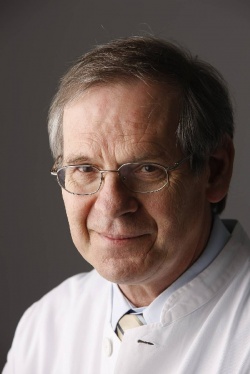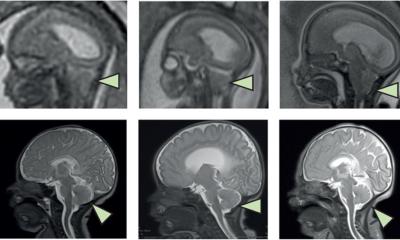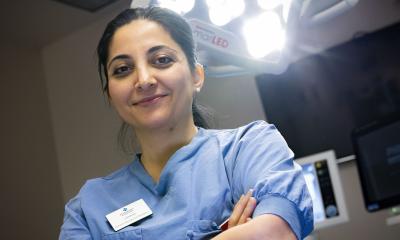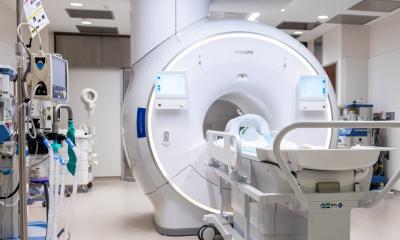Europe’s neurologists join forces in the European Academy of Neurology
Europe will now have just one international neurological association. The two European societies – the EFNS and the ENS – have merged during the Joint Congress of European Neurology in Istanbul to create the new European Academy of Neurology (EAN). Prof Günther Deuschl from Kiel, Germany, was elected the first President of the new organisation.

Günther Deuschl is Professor of Neurology and Chairman of the Department of Neurology, Christian-Albrechts-Universität, Kiel. His special interests include deep brain stimulation and tremor. „I am sure that this merger will move European neurology into a pole position”, the new EAN President said. "We want to stand together to fulfil the mission of this new society. It includes taking the lead in terms of neurological practice and education on this continent and defining standards of patient care in Europe, a region which is underway to harmonizing its health systems. This society also has a huge potential when it comes to promoting scientific progress in neurology and neurosciences in general.”
The General Assembly of the EAN also elected the following officers to serve on the board of the new organisation:
Vice President:
Prof Franz Fazekas, Graz, Austria
Secretary General:
Prof Didier Leys, Lille, France
Treasurer:
Prof Marianne de Visser, Amsterdam, The Netherlands
Chair Scientific Committee:
Prof Antonio Federico, Siena, Italy
Chair Liaison Committee:
Prof David Vodusek, Ljubljana, Slovenia
Member at large:
Prof Per Soelberg Sorensen, Kopenhagen, Denmark
The first EAN Congress is scheduled to take place in Berlin, Germany in June 2015.
04.06.2014





